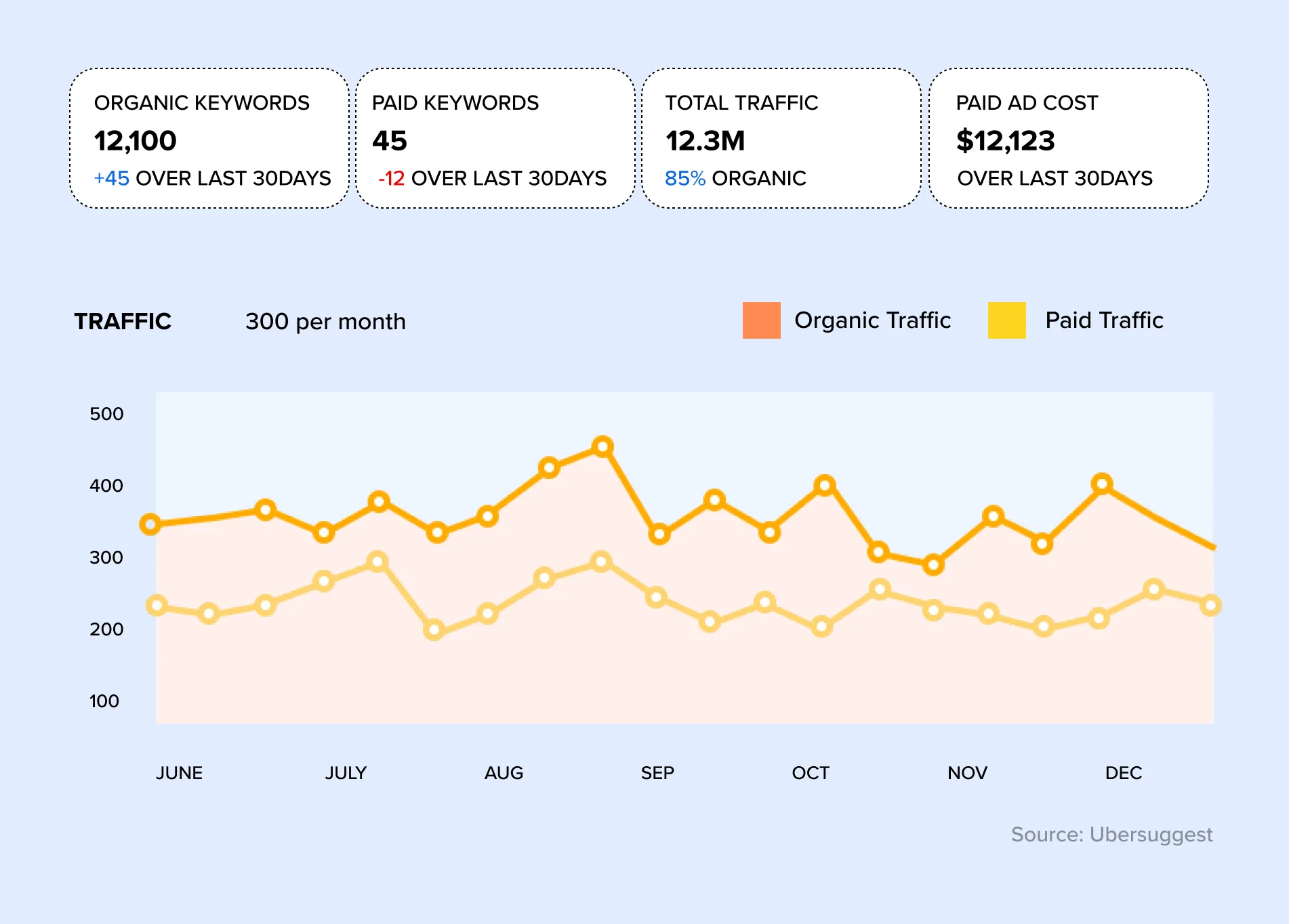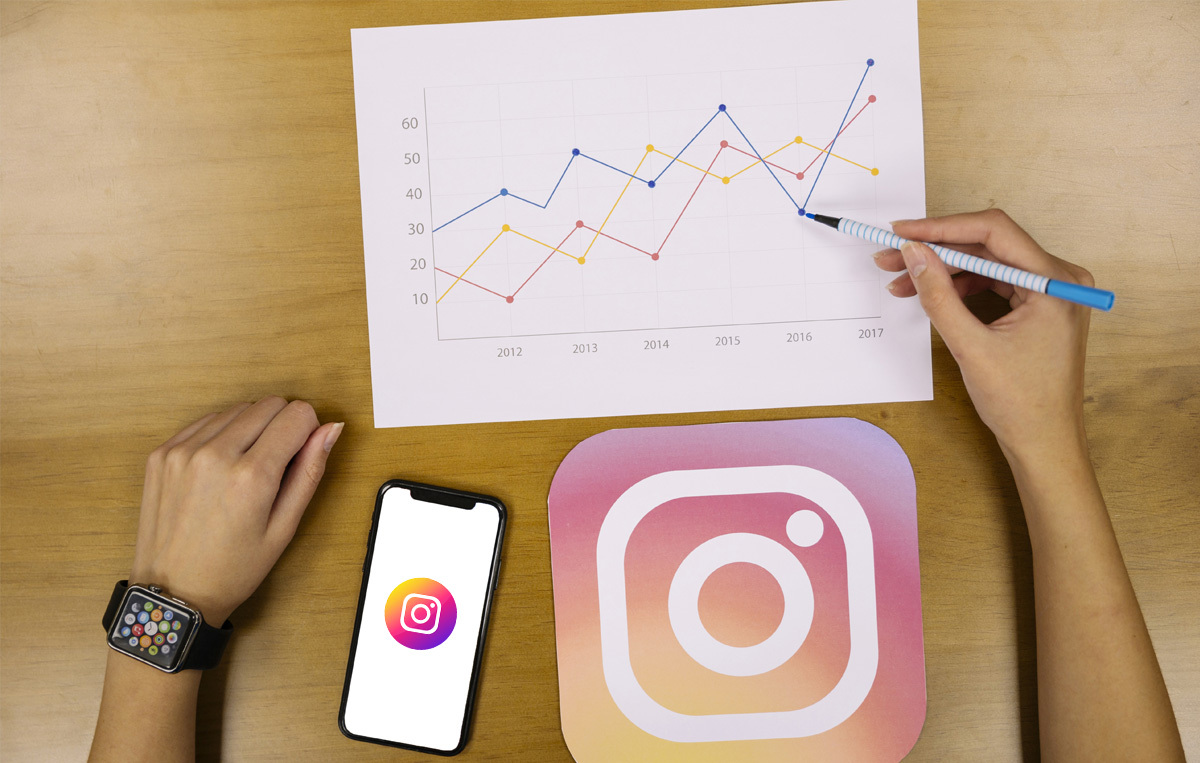More About Organic Traffic
Did you know organic traffic is considered high-quality traffic as it originates from a user’s genuine interest in the ranked content on search engine results?
Such traffic helps improve a website’s and social media page’s ranking and visibility in the search engine results pages (SERPs).
In other words, organic traffic is free, ensures targeting, and has higher engagement and conversion rates.
So, what is organic traffic precisely? Organic traffic is the traffic that comes naturally to your website or social media page through search engines. It is generated when people come across your website or social media profile in search engine results, and they click on the URL to land on the page. Thus, organic traffic does not result from paid advertising or promotions.
Now let’s look at how organic traffic works. When you search for a certain keyword/phrase, the search engine gives a list of results that it considers most relevant to the search. When the user clicks through on a particular result, they are contributing to the organic traffic generated for the destination page.
Thus, for brands, it’s important to optimize webpages well for specific keywords, giving them a better chance of ranking in the search results and earning more organic traffic.
On social media, organic traffic landing on a profile or post usually comes from search results, recommendations, or shared links. The volume of traffic generated is determined primarily by the content quality (including optimization and use of hashtags and keywords), consistency in posting, and audience engagement.
When it comes to social media platforms, their algorithms and features can change constantly, impacting the visibility and reach of organic content.
Facebook, for instance, announced changes to its algorithm in 2018 to target “meaningful interactions” between users.
As of 2023, Facebook has iterated its algorithm to determine content’s relevance based on three ranking signals: who posted it, the type of content, and interactions with the post. Each post’s ranking is based on these signals to position it in feeds, and this ultimately determines the organic reach of a Facebook profile.
It is also important to note that social media pages that regularly create content optimized for search will see better positioning in search results and an increase in organic search traffic.
The image below gives a graphical representation of the volume of organic traffic and paid traffic for a website.


